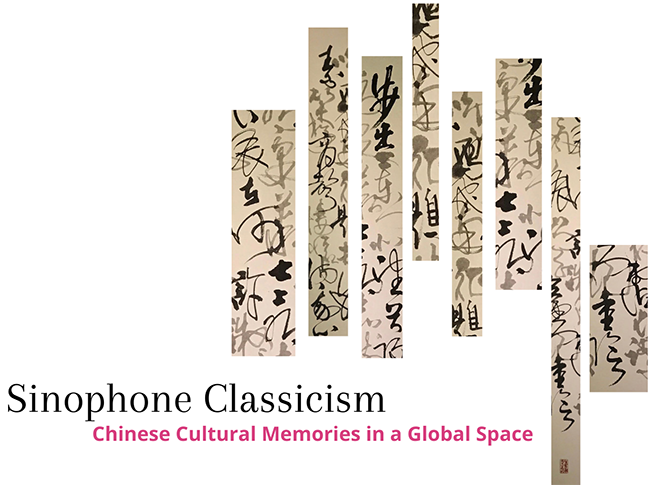Zhiyi Yang (Professor of Sinology and Goethe Fellow at the Forschungskolleg Humanwissenschaften) is hosting a lecture series on »Sinophone Classicism« this Winter term at the Forschungskolleg Humanwissenschaften of Goethe University Frankfurt.
The opening lecture will be given by David Der-wei Wang (Edward C. Henderson Professor of Chinese Literature at Harvard University) on Thursday, 28 October 2021 at 4 pm (online via Zoom) on “A Story of the Red Bean: On Classicist Poetics and Modern Crisis.”
Click here to read more and to register.
Abstract:
This lecture explores the reverberations between Chinese intellectuals and classicist poetry through modern times, particularly at moments of national cataclysm. The case study centers on Chen Yinque (1890–1969), »the most talented historian in modern China.« I look into Chen’s legendary acquisition of a red bean during the Second Sino-Japanese War, which purportedly initiated the poetic turn of his scholarship in the subsequent decades. Chen’s engagement with and composition of classicist poetry in the socialist era compels us to question the dialectic between modernity and monstrosity, the tenability of affective evocation (xing), and the latitude of creative freedom. The lecture will also refer to Chen’s imaginary dialogues with figures such as Wang Guowei (1877–1927), Qian Zhongshu (1910–1998), and Yu Ying-shih (1930–2021).
About the lecture series:
In recent years, literary and cultural works that evoke the cultural memories of classical Chinese traditions are gaining popularity in the global Sinitic-languages space and cyberspace. From literary to visual culture, from pop music to fashion, from state policies to daily rituals, these classicist articulations present Chineseness as complicated, multifaceted, multilingual, and cross-cultural. They raise important questions on the relevance of Chinese traditions today to China, to global Chinese communities, and to a future of “world literature”– as Goethe envisioned it nearly two centuries ago. In this multiannual lecture series, prominent scholars, writers, and artists will present fascinating case studies from their research or draw upon heir aesthetic practices to elaborate on their understanding on these important questions. Such investigations demonstrate the abundant aesthetic and intellectual resources that the vast repertoire of Chinese cultural memories may provide to engage in a dialogue on the present and future of a global culture.



